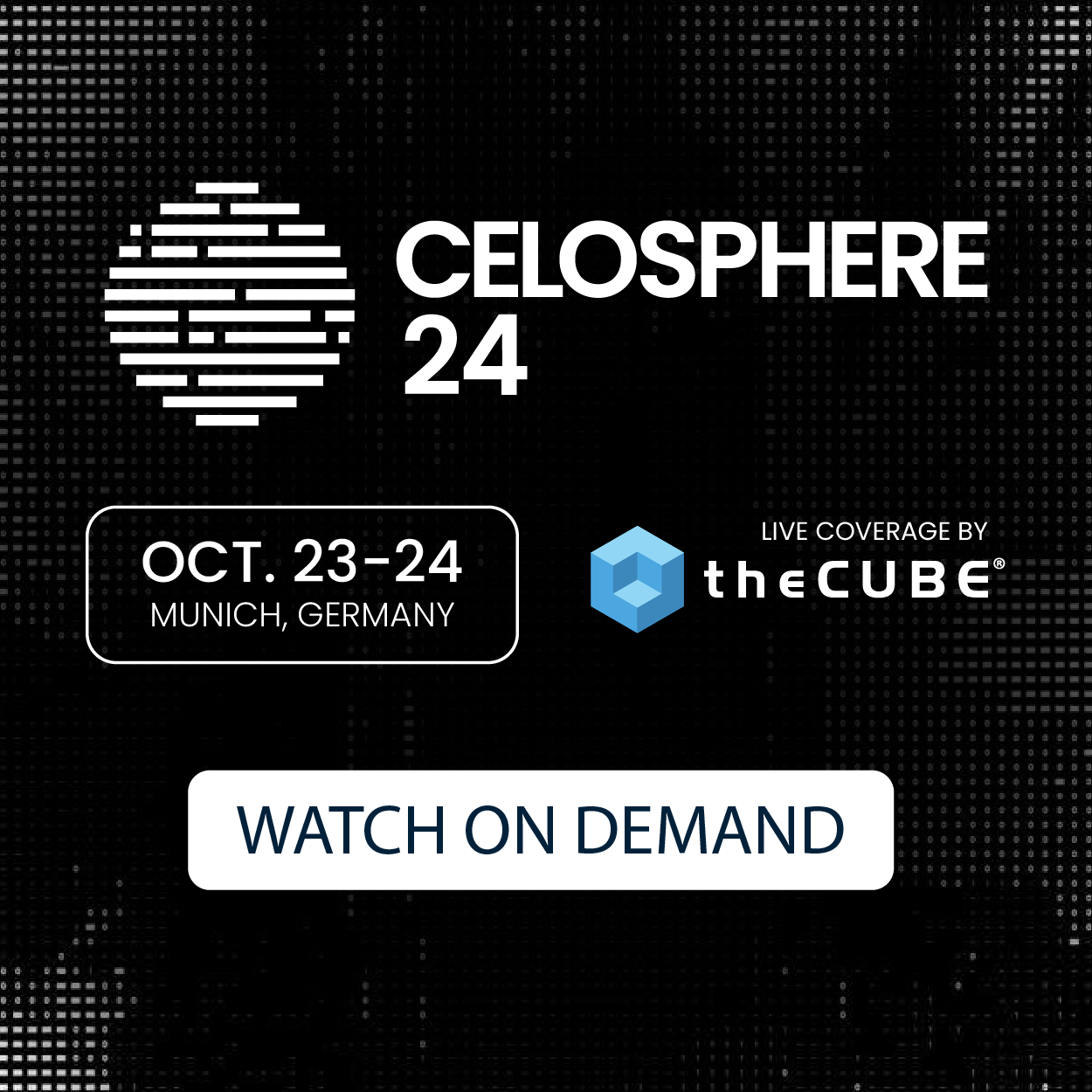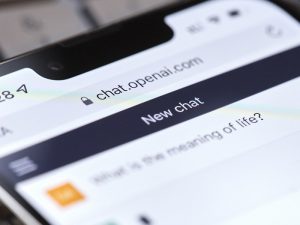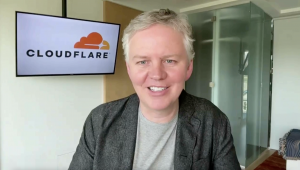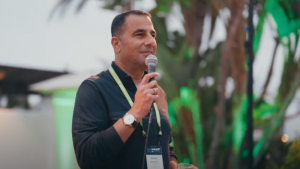Could you commit 25 years to self-tracking?
This week’s Quantified Self roundup features a study that will extend up to 25 years, the Quantified Man, and an all-one-earphone for all your needs.
![]()
A 25-year long Quantified Self study
.
Leroy Hood, president of the Institute for Systems Biology (ISB) in Seattle, Washington, wants to gather as many as 100,000 participants in a study that he hopes will deliver more insight to the well-being of people.
In March, Hood will launch a pilot program for this study dubbed the “Hundred Person Wellness Project”. One hundred healthy individuals will be recruited for the program and will be intensely monitored for their physical activities, heart rate, and sleep patterns. They will also be offered regular feedback and counselling for lifestyle changes, which includes dietary and sleeping shifts. A battery of diagnostic tests will also be given every three months to the participants to assess behavioral and health changes.
The problem with this study, as pointed out by Nature.com, is that it bypasses many rules of trial design, lacking a control group, blinding or randomization. This could greatly affect the significance of the results the study obtains.
If the pilot program succeeds, Hood hopes to expand the program to 100,000 individuals and study them for 25 years. There are still a lot of kinks to iron out before the program launches in March, such as what device will the participants use and of course the battery life of the chosen device in order for them to be able to get more accurate and meaningful data.
The Quantified Man
.
There are many wearable fitness trackers out in the market, and if you really want to know your Quantified Self, you might have to use a bunch of gadgets and apps to gain a comprehensive picture. Now Nicholas Felton, an infographic designer that made it a mission to quantify his own life, is doing just that.
![]() For starters, he uses a FitBit, a Basis, a Nike FuelBand, and a Narrative Clip to monitor his daily activities. Felton admits that one of this devices may be redundant but he likes how data is presented, thus he uses it. The Narrative Clip, a device that takes a photo every 30 seconds, is great for remembering things, people or places, but Felton stated that this poses some problems for some people, especially if they don’t want to be photographed.
For starters, he uses a FitBit, a Basis, a Nike FuelBand, and a Narrative Clip to monitor his daily activities. Felton admits that one of this devices may be redundant but he likes how data is presented, thus he uses it. The Narrative Clip, a device that takes a photo every 30 seconds, is great for remembering things, people or places, but Felton stated that this poses some problems for some people, especially if they don’t want to be photographed.
The said devices are mostly centered on physical activities such as counting steps, so for the other aspects of his life, he uses RescueTime to track his computer activity, Moves to track movement and location, Automatic to get insight on his driving habits, and to make sure he’s not getting sloshed, he uses Lapka, a blood-alcohol monitor that connects to his smartphone.
At the moment, Felton is not bothered by wearing too many fitness trackers as they are being covered up by the layers of clothes that protects him from the winter cold. But even as summer eventually comes, it’s unlikely Felton will do away with the trackers as he has already grown accustomed to wearing them – he’s been wearing them for over a year now.
The Dash
.
If you’re an athlete or someone who’s really into getting fit and tracking your progress, but at the same time want to enjoy great tunes, then The Dash is worth checking out. The Dash is a wireless in-ear headphone that has a built-in MP3 player, and doubles as a Bluetooth headset with its mic, a USB stick, fitness tracker and monitor. It aims to give users total freedom as it works even when your smartphone is not with you. The Dash can store 1000 songs; tracks your movement such as pace, steps, cadence and distance; monitors heart rate, oxygen saturation and energy spent; and real-time acoustic feedback is provided for the user.
It has a capacitive touch surface which allows the user to enable or disable ambient sound so you can choose to hear sounds in your environment while running so you’ll be aware of incoming traffic or other runners.
The Dash is currently a Kickstarter project with a $260,000 finding goal. With 40 more days left to complete the funding phase, The Dash already has 9,618 backers and raised $2,009,547 in pledges.
photo credit: Peter Parkes via photopin cc
photo credit: juhansonin via photopin cc
A message from John Furrier, co-founder of SiliconANGLE:
Your vote of support is important to us and it helps us keep the content FREE.
One click below supports our mission to provide free, deep, and relevant content.
Join our community on YouTube
Join the community that includes more than 15,000 #CubeAlumni experts, including Amazon.com CEO Andy Jassy, Dell Technologies founder and CEO Michael Dell, Intel CEO Pat Gelsinger, and many more luminaries and experts.
THANK YOU





















